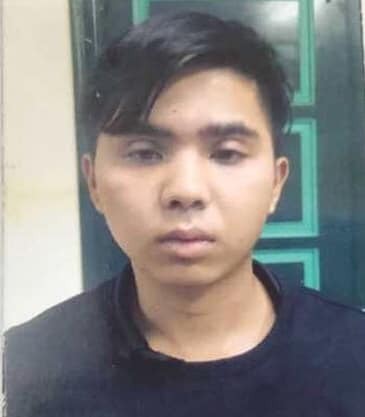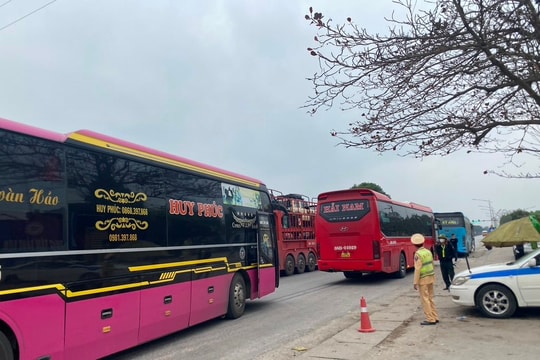Posting sensitive photos of girlfriend met online to rape and blackmail
Tuan used his Zalo account to send sensitive photos of Ms. H and repeatedly texted her threatening that if she did not have sex, he would post these photos on social media.
The Hanoi City Police Department has just initiated a case and prosecuted Duong Van Tuan (born 1996, residing in Linh Quy, Kim Son, Gia Lam) for the crimes of "Rape" and "Extortion of property".
|
| Subject Duong Van Tuan |
Around the end of 2017, Duong Van Tuan met Ms. NTH (born in 1993, residing in Hanoi) through a travel group on Facebook. Knowing that Ms. H was in the medicinal wine business and was having financial difficulties, Tuan introduced Ms. H to sources who could get good, cheap ingredients, which could be sold for a high profit when soaked in wine. In return, Ms. H had to let Tuan have sex with her.
Due to difficult family circumstances, Ms. H had to accept and give Tuan 1 million VND to buy wine ingredients. However, after receiving the money, Tuan did not do it. Knowing Tuan's intentions, Ms. H cut off all contact with this friend.
After a while, around February 2019, Tuan suddenly used his Zalo account to send sensitive photos of Ms. H and repeatedly texted her threatening that if she did not have sex, Tuan would post these photos on social media.
Fearing that it would affect her honor and dignity, Ms. H reluctantly allowed this person to have sex with her many times. By the end of October, Tuan continued to send threatening messages, asking Ms. H to transfer money to Tuan for spending. When she could no longer bear Tuan's pressure, Ms. H reported it to the police.
Based on investigation documents, on December 8, the Criminal Police Department of Hanoi City Police arrested Duong Van Tuan to investigate and clarify the acts of rape and extortion.
Hanoi City Police recommends that people, especially young women, when participating in forums, clubs, and groups on social networking sites such as Facebook, Zalo, etc., need to be vigilant when chatting, not sending private photos of themselves to strangers on social networks, to avoid being taken advantage of by subjects to threaten, intimidate, and use for bad purposes.




.jpeg)

